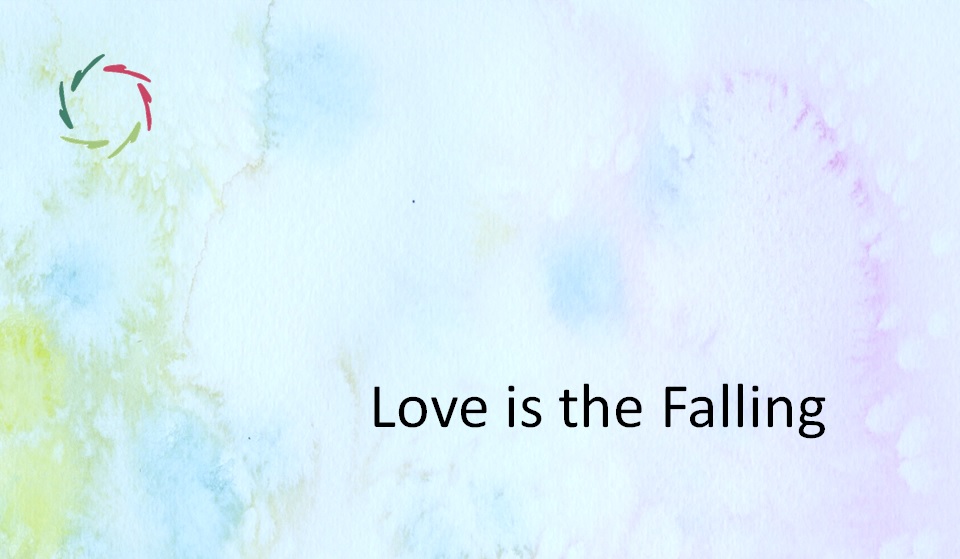Compassion in Everyday Medical Care

While principally important, >Compassion, basically<, has frequently been lacking in medical care. This might essentially change in the not-so-distant future.
“Finding and sustaining compassion, especially during my years as a pediatric oncologist, was an ever-renewing source of professional challenge and satisfaction. At times, it was a daily struggle. I wanted to cure everyone and could not do so. I wanted to treat illness without having to treat side effects. I could not do so. I wanted to enter the threatened lives of my patients as a friend might, to feel the resulting trauma, share the impact on families. I could not do so. That would have consumed my whole life. I simply did my best. Like every other health professional who deals with life threatening scenarios, I had my days and my limits.” [R. Berberich, How to Be a Good Doctor in Under an Hour, 2023]
A dimension beyond empathy
As in this beautiful quote, Compassion takes a leap beyond the easily known or easily feasible. Therefore, it’s also about recognizing the borders of being human.
Yet many of my colleagues who find themselves empathic actually don’t show much empathy in daily care — let alone Compassion. The fact that Compassion is not at all an easy concept or easy to practice doesn’t make it easier to recognize at oneself that there can still be a long road to travel.
It can also make it a challenging message to convey to such a person. Of course, one should not do this in a surface-level assertive way, but even so.
Egos have huge walls. Compassion can lower them — with caution.
No tools between doctor and patient
The Compassionate person (doctor, healthcare provider, anyone) is, as a total person, the only instrument of Compassion. There are no such instruments that one can wield as magic sticks toward the patient, no white coat that by itself makes the doctor Compassionate.
All one can do is work on oneself as the instrument, trying to let oneself evolve toward a more Compassionate person and healthcare provider.
What will the future bring as to Compassion in medical care, even in the short term?
I don’t know.
Pending super-A.I. as a knowledge provider – also in the medical setting – will bring essential changes, including the role of the doctor as the main knowledge provider. Nowadays, people search the Internet for health information. Soon, the search will be complemented with a dialogue ― much more focused and in the patient’s language, taking into account his level of health literacy. Patients will then also want the ‘A.I. healthcare partner’ within the consultation room ― and rightly so.
Let’s be optimistic.
The new situation may also bring ‘keyboard liberation’ during consultations, as well as the taking over or streamlining of many consultation-related clerical jobs. This gives the doctor more time and occasion to attend to the patient personally. That may heighten the occasions for Compassion.
However, Compassion is eventually something that comes from deep inside. I fear that, nowadays, having little occasion is frequently and for many colleagues rather a suitable excuse. Also, “I am already Compassionate” mostly shows little insight into what it means.
So, optimistically, A.I. might clear the Compassionate Road, but this still has to be traveled. If done well, medical A.I. may enhance the human touch with many positive consequences, furthering the impact of medicine on many people’s lives and wellbeing.
As an additional advantage, ‘from deep inside’ also guards against Compassion fatigue. One doesn’t force oneself to be more Compassionate. It should and can be an invitation all the way through. The art of Compassion may lead to more joy and – consequentially – less burnout. This is no mere wishful thinking. However, it’s also not evident, but the result of a well-guided growth process. The clinician learns self-Compassion ― then also Compassion toward the patient, learning from every encounter. I mean this last thing. I did it myself for years.
In the AURELIS project, much has been worked out to support this process.
The primary goal of this is to become an AURELIS coach who sees each client for something like an hour. Doctors don’t have that time (yet).
However, all healthcare workers can be more or less Compassionate during their daily work. Their being busy with patients lends itself to this at every moment.
If interested, of course, there’s a lot in this blog-wiki. A good start is ‘Growing towards AURELIS coach.’
You may contact us for more information.


